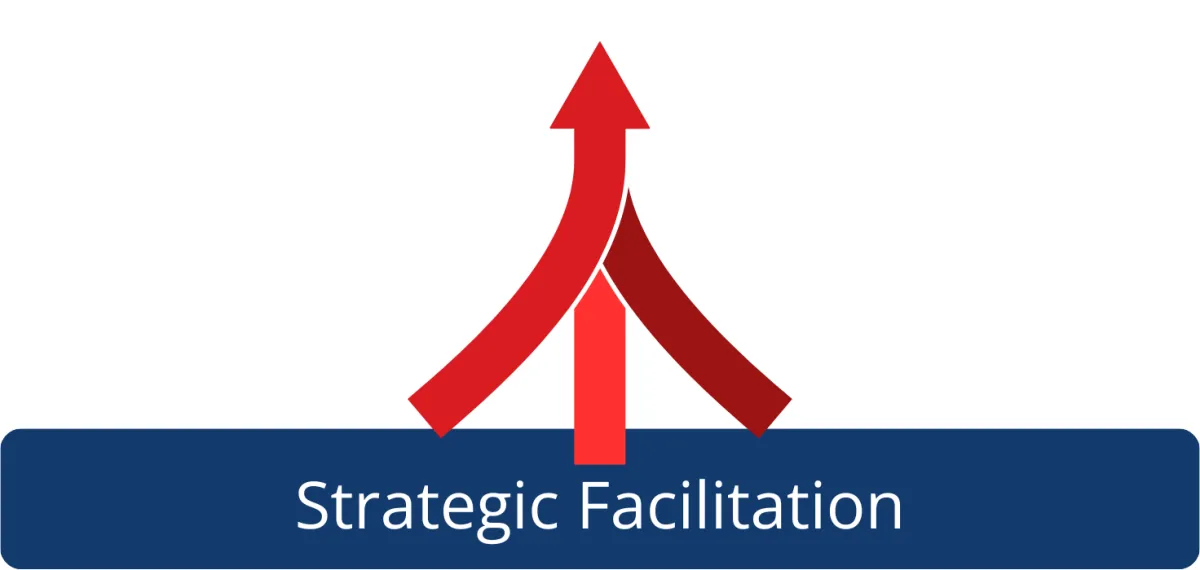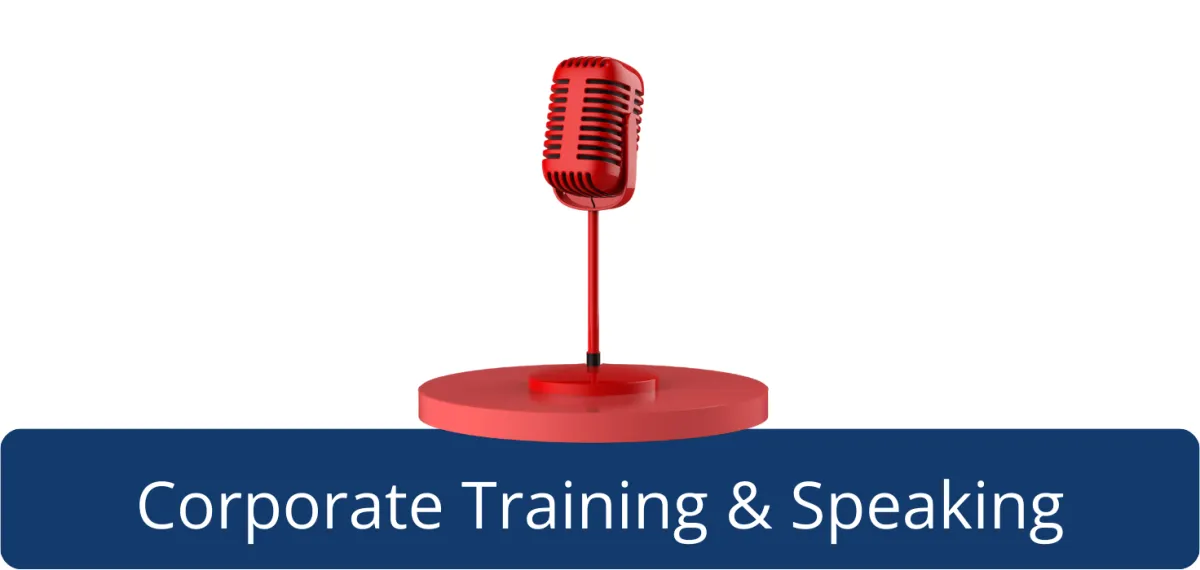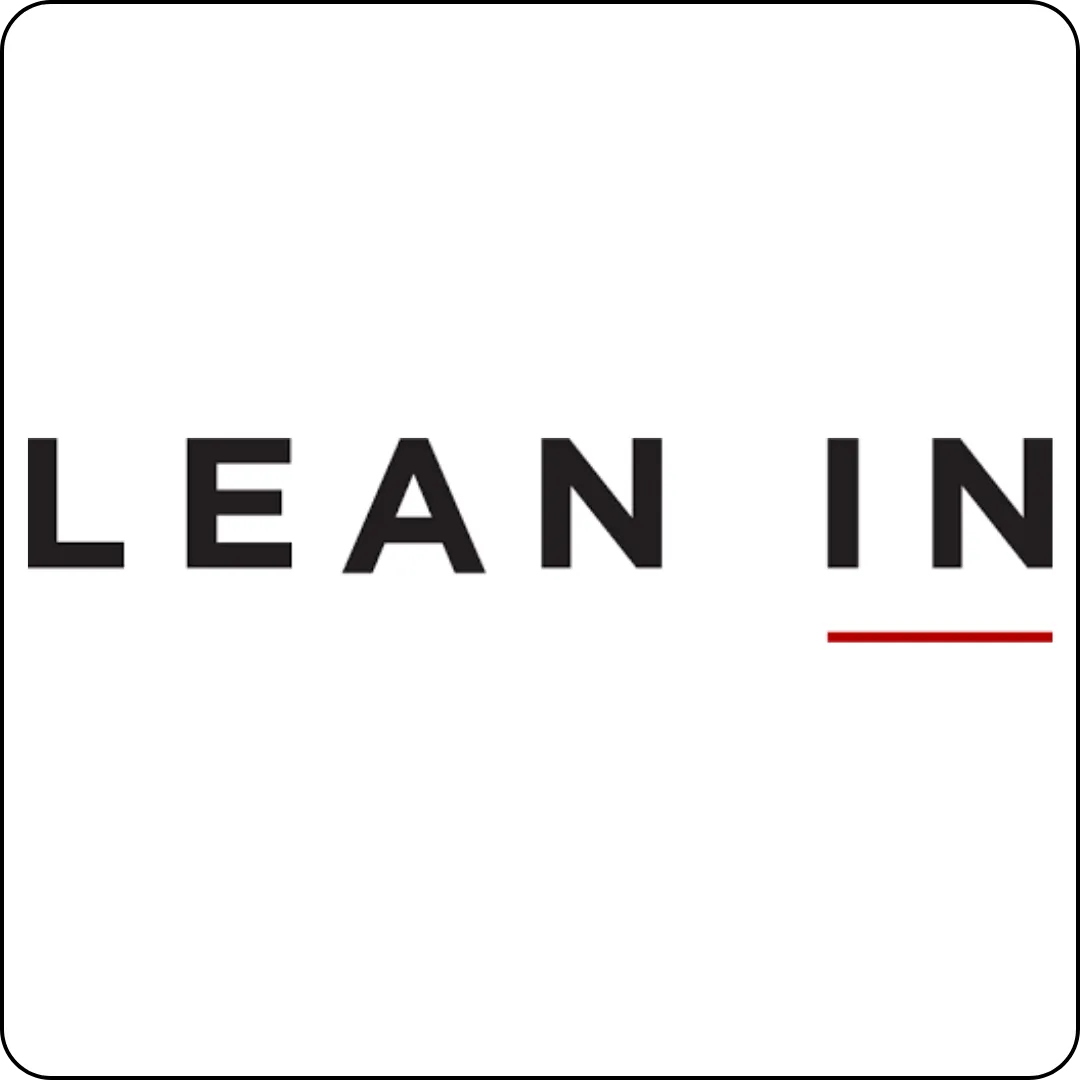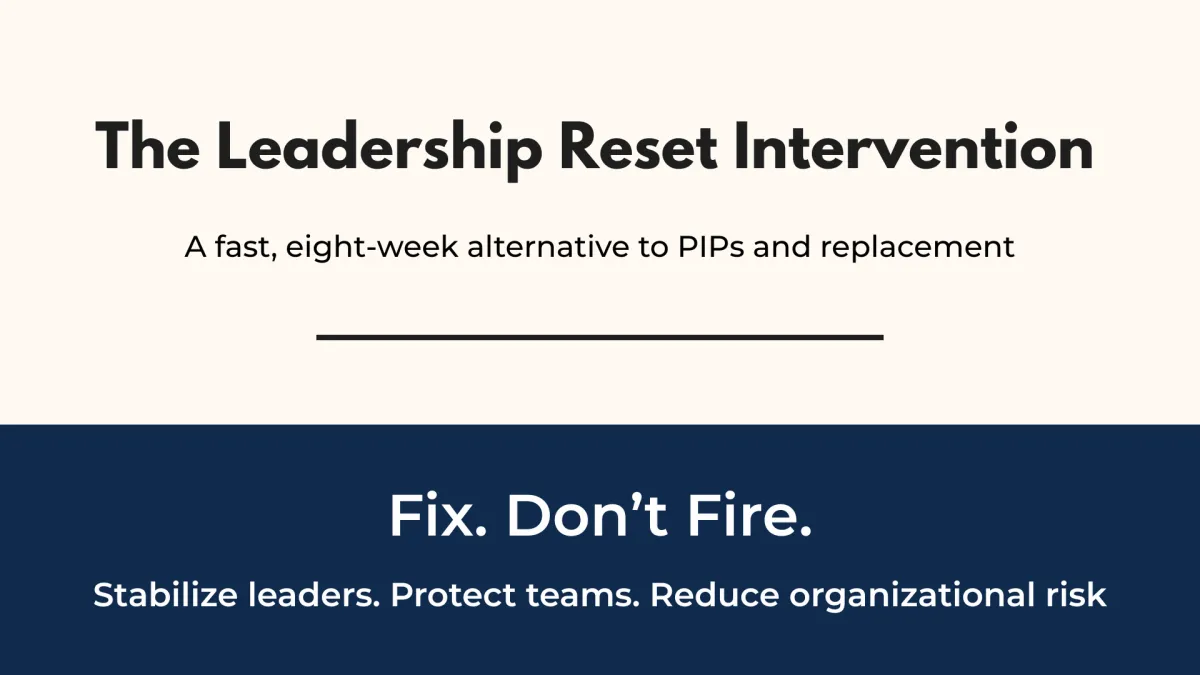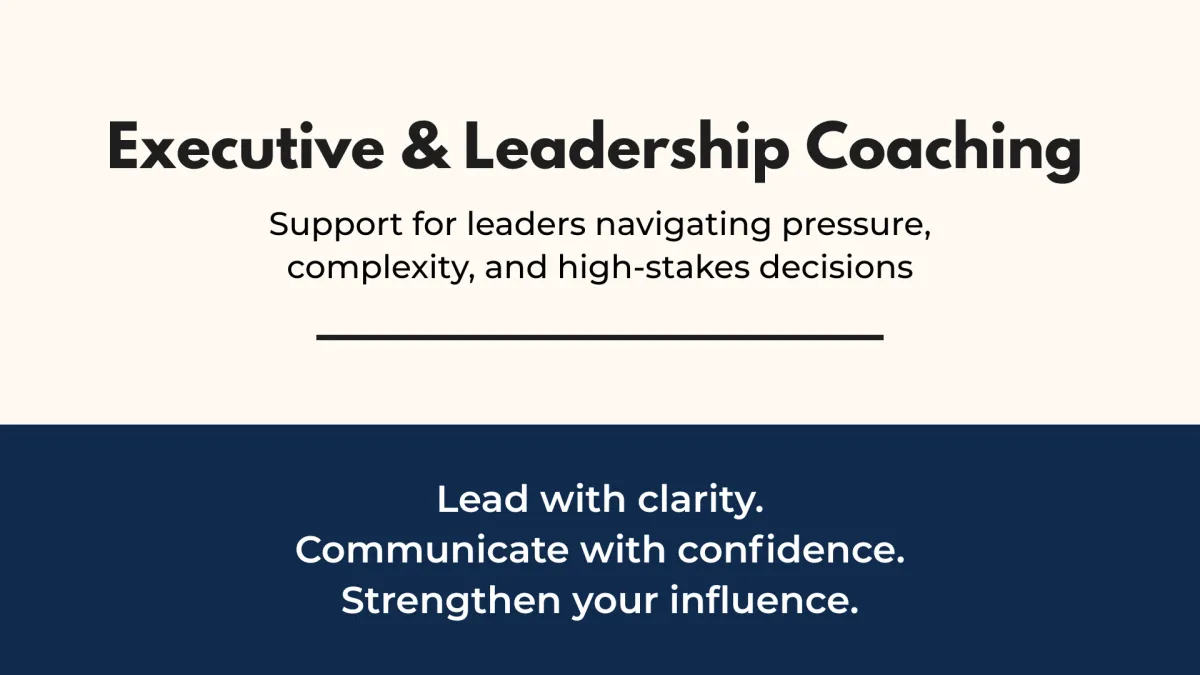The Unshakeable Leader Beta is open.
Decision support for leaders ready to stop carrying it all on their own.

Confident Leadership.
Aligned Teams.
Sustainable Growth.
Leadership development, executive coaching, and confidential strategic support for leaders ready to align, decide, and move forward.
Conversation is easy. Clarity takes work.

OUR RESULTS
We track client progress ensuring results are unmistakable and quantifiable.

Self-reported by participants of our 1:1 and group coaching programs based on their before and after Leadership Index results.
HOW WE HELP
Whether you need to align your team, guide your board, or grow as a leader, each solution is designed to deliver focused progress without overwhelm or unnecessary extras.
An 8 -week strategic intervention for healthcare and human-centered organizations who want to support struggling leaders to stabilize leadership performance, rebuild trust, and restore organizational confidence.
This 90-day, strategy-first executive coaching engagement is designed for high-performing leaders who want to stop reacting, start leading with intention, and see visible results every week.
Not sure where to begin?
Start with a conversation.
WHAT COACHING CLIENTS SAY
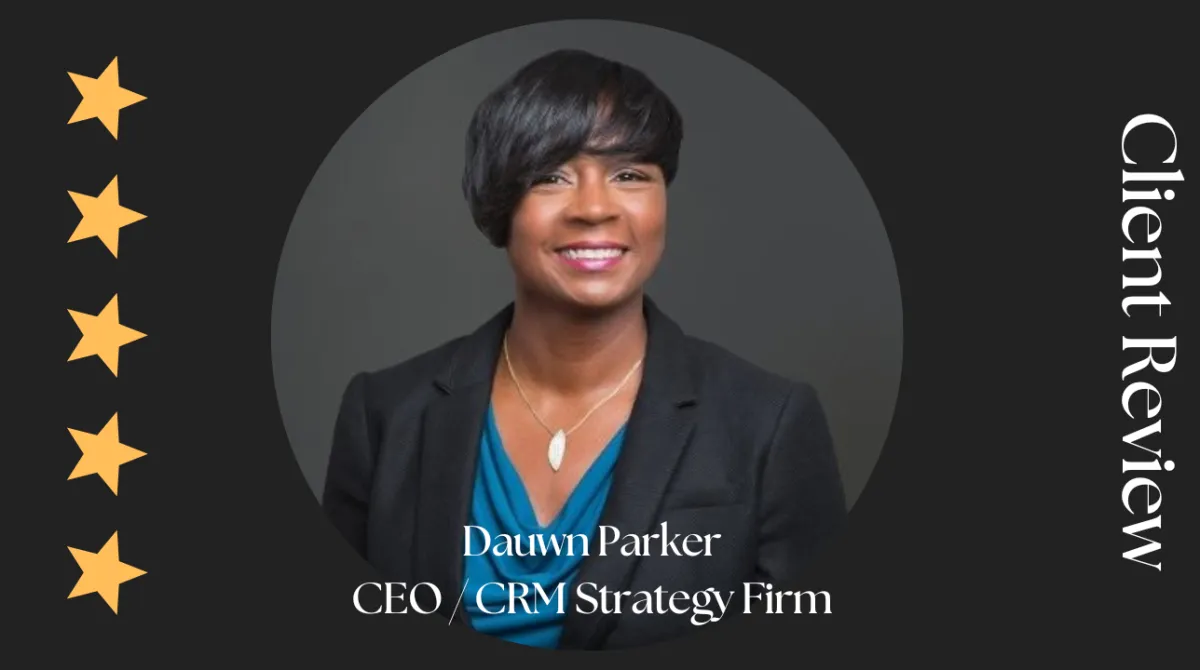
"Leading my business
with clarity"
I went from a limited pipeline to signed deals and a clear strategic direction. I’m no longer in survival mode - I’m leading my business with focus and relief for the future.

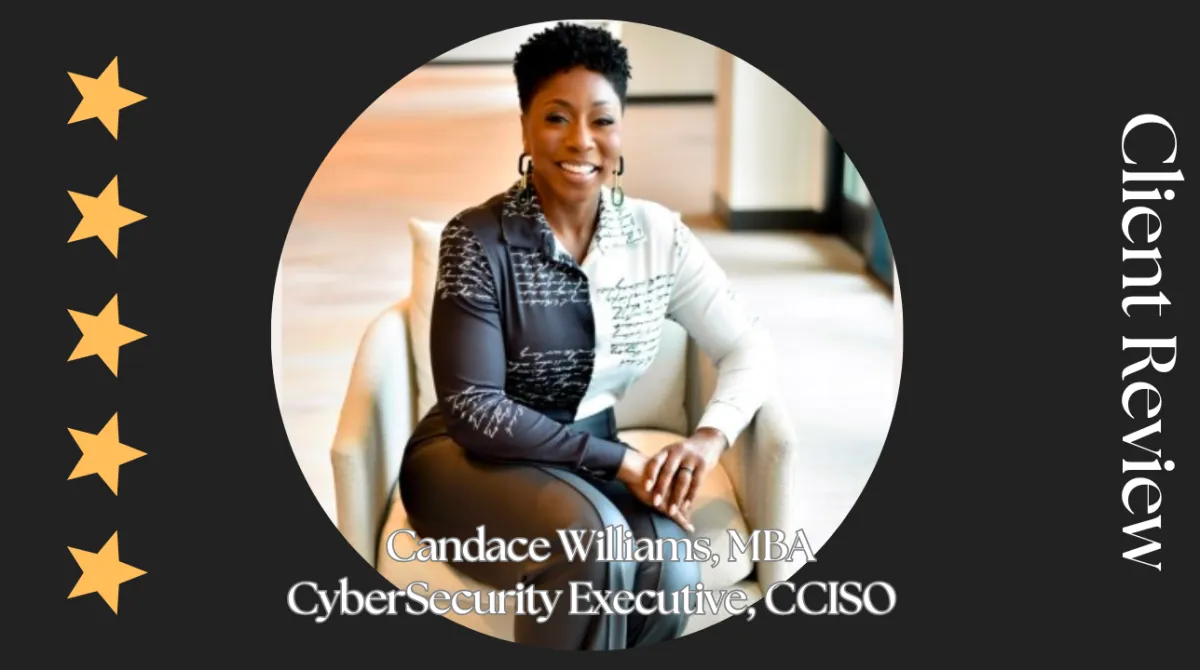
"Confidence and visibility
transformed my career"
Asia helped me face fears I’d avoided for years - from public speaking to building my personal brand. She tailored the process to my goals, helping me grow in confidence and visibility as an executive.

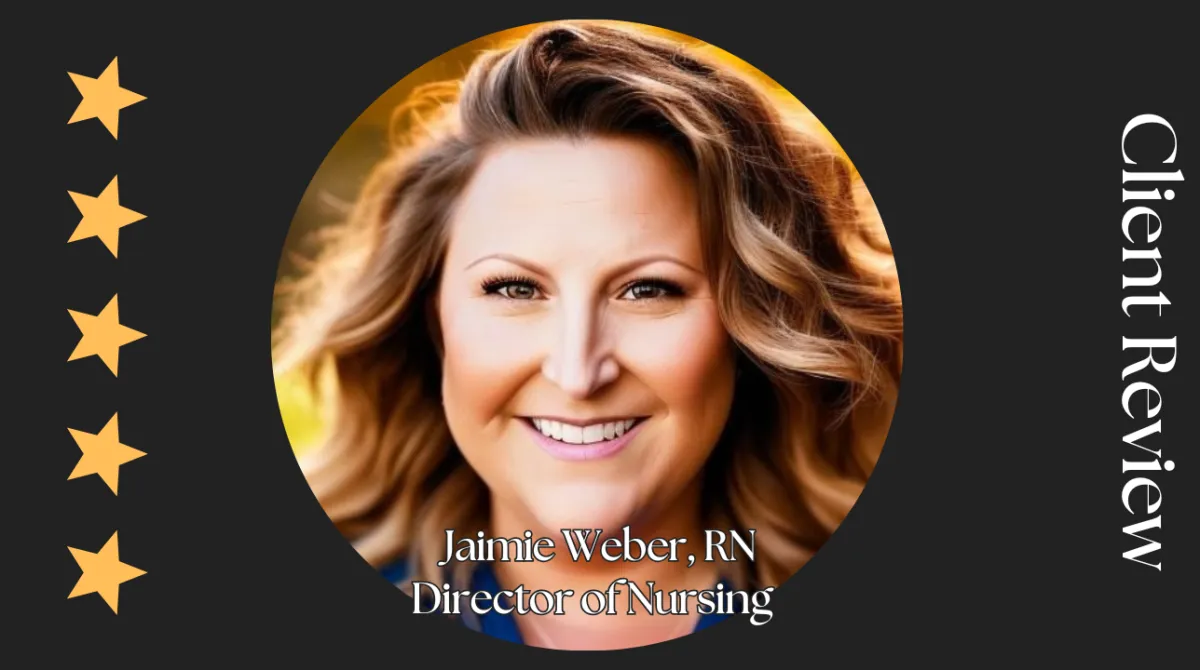
"Immediate trust
and insight"
Within minutes of our consultation, I knew Asia was the coach for me. Her warmth, insight, and professionalism made it clear I could trust her guidance.

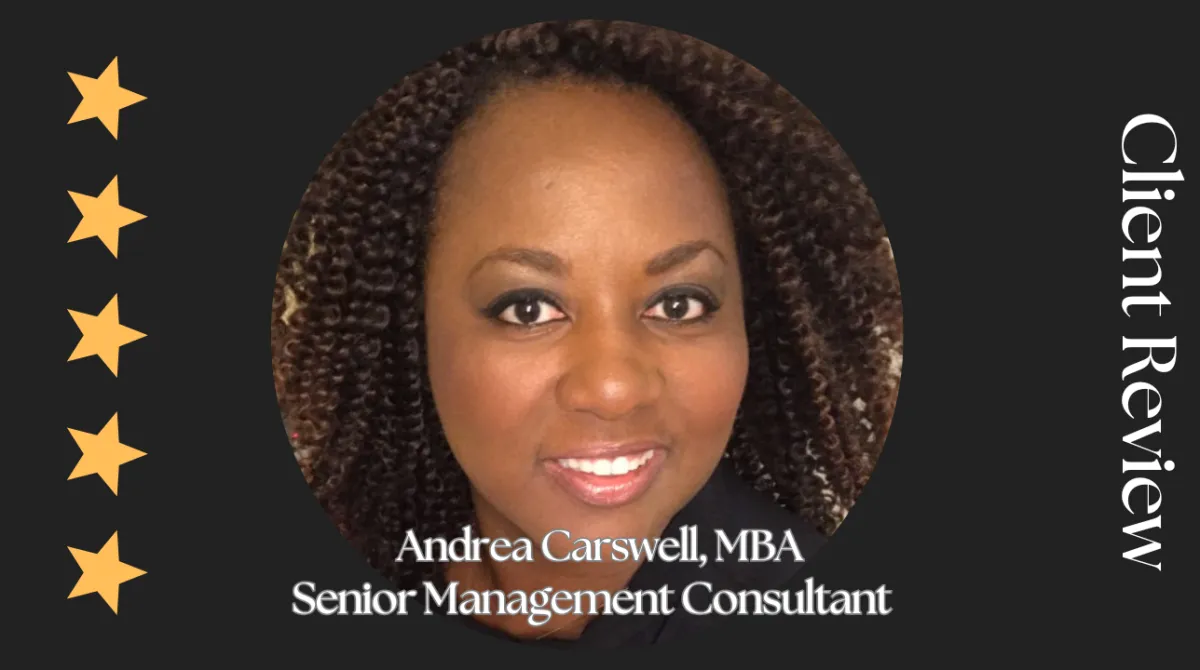
"A complete career
transformation"
I stepped out of my comfort zone, built relationships I never would have before, and landed a senior role I love. The intentional focus completely shifted my confidence.

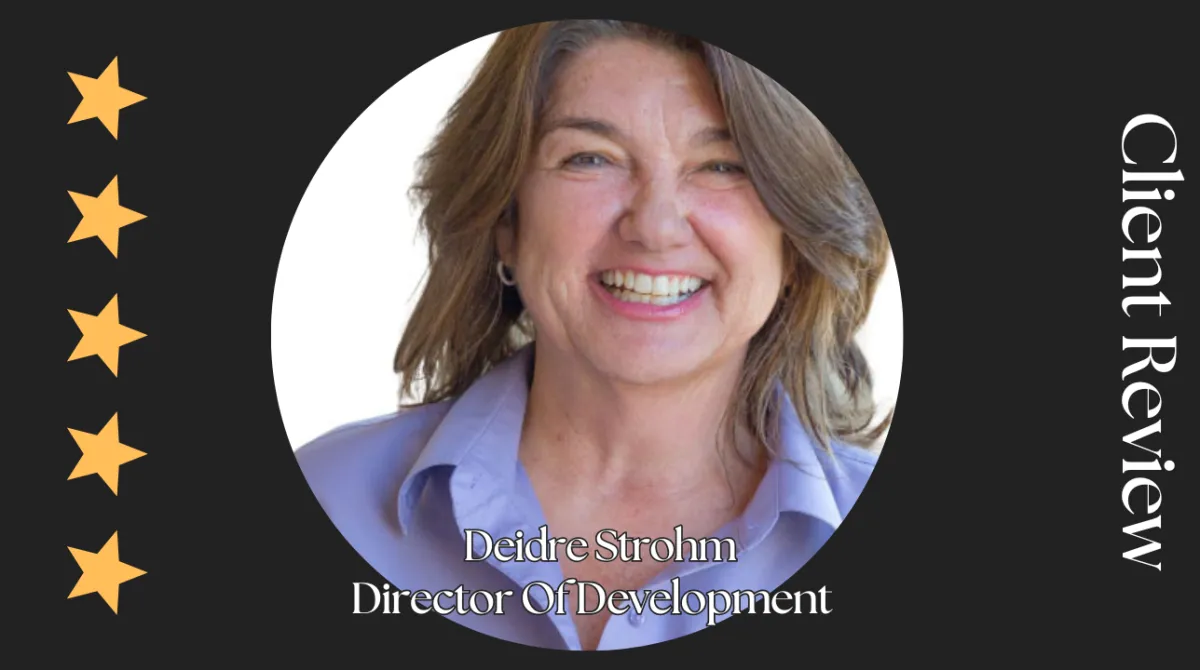
"Hearing my own
voice clearly"
Asia’s coaching changed how I hear myself. She doesn’t hand you answers - she helps you find your own voice and clarity. That shifted how I lead and make decisions.


"Redefined success
on my own terms"
Within months, I went from being unsure and stuck to landing the opportunity I really wanted. Asia helped me define success and make it real.

SIGN UP FOR OUR FREE WEEKLY NEWSLETTER

How you lead matters.
Sign up for our Skip Level Strategies newsletter, where every Sunday you'll start your week with a practical 5-minute perspective shift and action to bring your leadership, decision-making, and communication to the next level.
PAST NEWSLETTERS

Issue 36: The Importance of Emotional Intelligence (aka Self Mastery!)
"Emotional intelligence is the ability to make emotions work for you, instead of against you."
— Travis Bradberry, co-author of Emotional Intelligence 2.0
Welcome to our 36th issue! This week, we’re addressing a critical leadership mistake: neglecting emotional intelligence (EI/EQ). When I talk about EQ I usually refer to it as self-mastery. Self-mastery means you know yourself and your triggers well enough to be able to stay smart even when emotions run high. Your best thinking doesn't get hijacked so easily so you're able to connect with your teams, manage stress, and make higher quality decisions, ultimately showing up much more effectively!
Here’s What It Looks Like When You Don't Have Self-Mastery:
Ignoring Emotions: You might prioritize logic and facts over emotions, believing that emotions don't count at work. But as you might have noticed, ignoring emotions doesn't avoid conflict, it actually leads to it! Plus it's often to blame for low morale and disengaged team members.
Reacting Emotionally: You might react impulsively to what's going on based on your emotions, instead of using your best thinking to decide how to respond. This gets you the kind of decisions you look back on shaking your head and asking yourself "What was I thinking!?" You're not alone.
Lack of Empathy: You might struggle to understand other people and how they might feel. This damages your ability to connect with your team, your colleagues, your clients - everyone. It makes it pretty much impossible to build trust and collaborative relationships.
What You Should Be Doing Instead:
First, prioritize self-mastery. Check in with your emotions and understand what triggers you. Starting to uncover your triggers and blind spots can help you notice where your best thinking and decision-making has been hijacked. Notice the patterns so you can start to manage them - It can be super simple like making an agreement with yourself that you'll wait at least a day, an hour, or even a count to 5 before you respond.
Next, practice empathy by making an effort to understand other's emotions and perspectives. What might they be feeling? Why might they feel that way? It's ok if that's not what you would feel - in fact, noticing that's not what you would feel is a great sign that you're learning. This can help you build stronger, more collaborative connections with people.
When I work with leaders, we prioritize self-mastery. It's a critical and non-negotiable leadership competency. It's how you learn and apply tools to manage your emotions, so how you think and act aren't just reactions to all the moving pieces around you.
Self-mastery helps you lead more confidently and just plain better. You’ll create a more positive, productive work environment and strengthen your ability to be the go-to person when things get complicated.
If you're ready to work on your self-mastery so you can stop regretting your reactions (or lack of reaction!) and feel confident yourself as a leader in a way that others notice, schedule a consultation with me.
Self mastery helps you to improve communication, build stronger relationships, and make more thoughtful decisions. Together, we’ll work on developing the skills that will help you enjoy being a leader again and as a bonus, boost your team’s performance.
Next week's preview:
Next week, we’ll explore the crucial role of stakeholder management and why neglecting it can massively limit your influence.
Go out there and lead,
Asia
Bridgewell LLC - Strategy and Leadership
